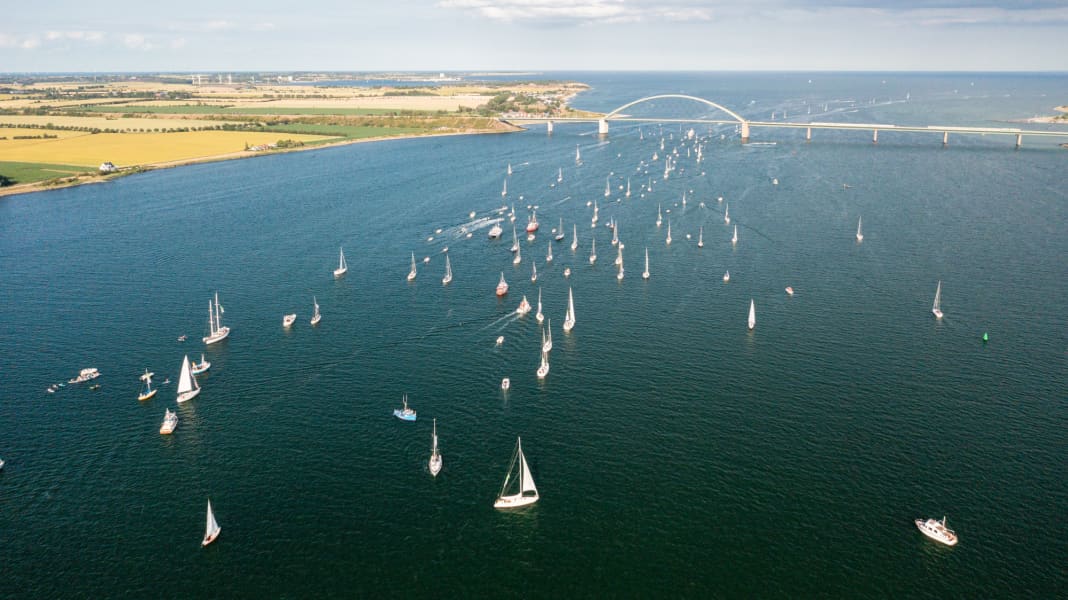As an impartial contractor, the consulting firm Eisenschmidt Consulting Crew organised and moderated eight specialist workshops with different interest groups and sectors as well as a final interlocking workshop. The report summarises the course and results of all workshops and contains an overall view of the process by the moderator.
Eisenschmidt was commissioned by the Ministry for Energy Transition, Climate Protection, Environment and Nature of the State of Schleswig-Holstein (MEKUN). The Ministry emphasises that the report exclusively reflects the perspective of the independent moderator and not that of MEKUN.
Predominant rejection and little discourse in the workshops
In their conclusion, the consultants state that "the representatives of the interest groups involved in the workshops overwhelmingly reject the idea of a Baltic Sea National Park", according to the report. This rejection applies not only overall, but also to each individual interest group with the exception of the nature conservation sector and in some districts and municipalities in the north. The main arguments are doubts about the effectiveness and the lack of proof of this by the ministry, fears of negative effects on the economy, tourism and fishing as well as the exclusion of issues such as munitions clearance and the creation of so-called dead zones due to increased nutrient input (eutrophication). The arguments put forward by the few proponents were greater acceptance for nature conservation, positive economic effects and the chance to stabilise ecosystems.
The representatives of the interest groups involved in the workshops overwhelmingly rejected the idea of a Baltic Sea National Park."
The authors of the final report were astonished by the "clear refusal to engage in substantive work" and the "vehemence with which the rejection of the idea of a national park was expressed". There were hardly any questions that served to form an opinion; instead, statements were primarily made. There was little real discourse and the opportunity of the consultation process was not utilised. This could be due to a lack of trust in politics in general and MEKUN in particular, the consultants speculate, referring to the "vigorous nodding" to this question during the interlinking workshop.
Impressions from the water sports workshop
At the water sports workshop, which took place on 11 July, there was a clear rejection of the idea of a national park on the one hand, but "on the other, explicit offers of cooperation with the Ministry of the Environment [...] to promote the protection of the Baltic Sea", the report states.
As in other workshops, the wording of the questions was criticised, as it showed signs of framing. In addition, concerns were raised that the process was not open-ended and dissatisfaction was expressed with the communication of existing traffic bans. Many statements from an open discussion were recorded in a "topic memory".
Final report an important building block for the next steps
At the workshops, stakeholders from the fields of fishing, agriculture, nature conservation, the regional economy, tourism and water sports had the opportunity to contribute to the discussion process at an early stage. In doing so, they were able to bring both opportunities and the risks and fears associated with the project into the discussion. They were also asked about their willingness to make their own conservation efforts and alternative proposals to a national park.
The documented contents of the workshops are now compiled in the report on around 90 pages and their results are categorised and interpreted by the consulting firm. These assessments will now help the ministry to proceed: "The results of the consultations will be incorporated into a proposal for better protection of the Baltic Sea!"
"The report is an important building block in the decision-making process on how to proceed with the protection of our Baltic Sea," said Schleswig-Holstein's Environment Minister Tobias Goldschmidt, who is very concerned about the national park project. "Parallel to the consultation process, MEKUN received numerous comments, suggestions and proposals for measures to protect the Baltic Sea last year. My staff and I have held numerous discussions with authorities such as the German Armed Forces, the Waterways and Shipping Administration and the scientific community. All of this is currently being analysed as an overall package and will be incorporated into a proposal for better protection of the Baltic Sea," said Goldschmidt on the next steps.
- The entire report is available here: Final report of the consultations on a Baltic Sea National Park
There is currently no prospect of a political majority in favour of a Baltic Sea National Park; in October, the CDU turned its back on the goals of its green coalition partner at its state party conference. However, they are sticking to their plans.


